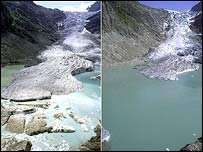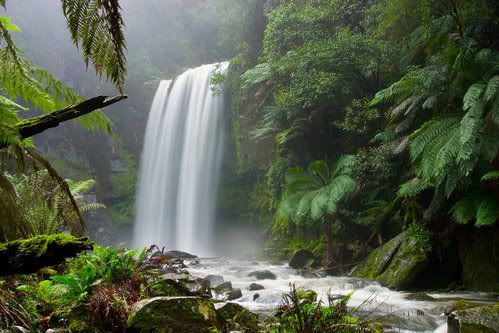While bloggers spend in incessant amount of time politicing this and politicing that, the country is crumbling before our very eyes. The backbone of any nation-state is its infrastructure. While other countries have made huge advancements in their transportation and energy grid, our basic utilities are falling back to pre-industrial standards.
We all know about the bridge collapses, the zeitgeist of last summer. When that was no longer a great political football to kick around, it was largely forgotten. And of course, in true American fashion, nothing was done, except some well-lit photo ops of elected leaders pretending to give a damn.
What is more striking though, is not how our energy policy is archaic, but that our most basic need of all is about to fall into utter disrepair. We can go on forever without our horseless carriages, but we can’t live a few days without water.
Yes, water. Our entire national water grid is cracked, weathered and falling apart. All across the country the nation’s cities have aging delivery systems that are in need of desperate repairs. Most of these pipes and tunnels were built in the 1800s and have long passed even the most generous of life spans.
And we have done nothing, or saved up money, to correct this issue.
Again, we are taking about water. Not some frill or excess of the American Dream. Basic drinking water.

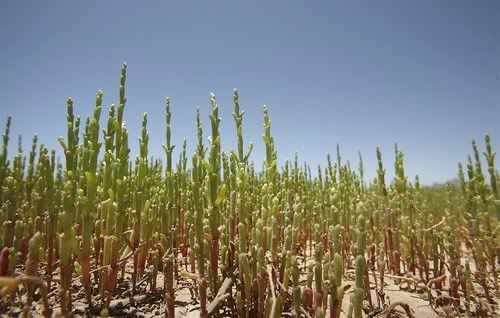
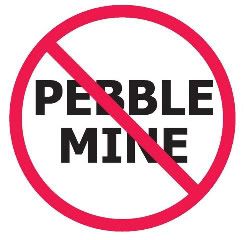
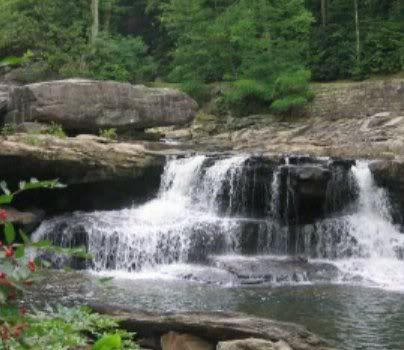 Last week,
Last week, 